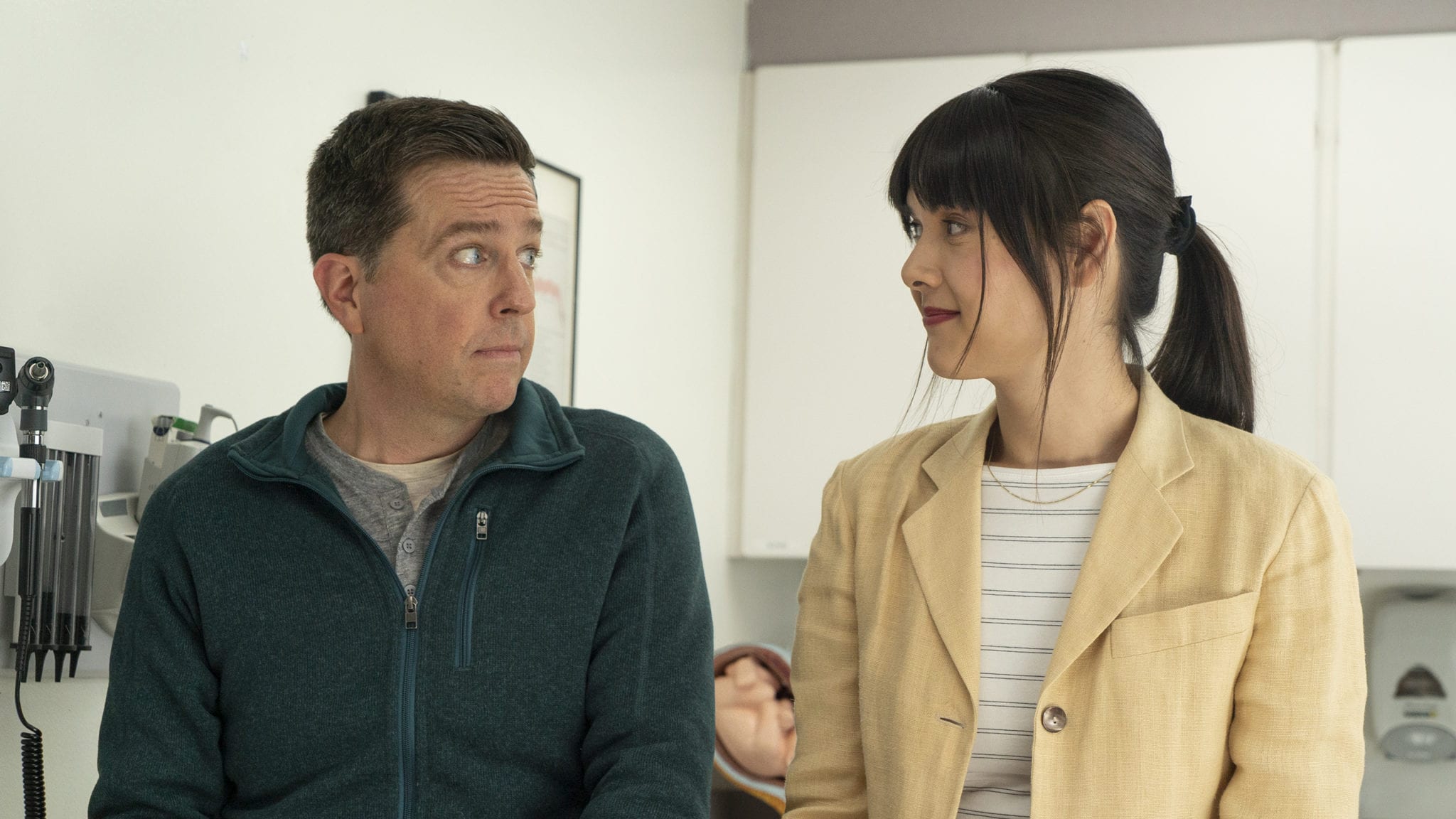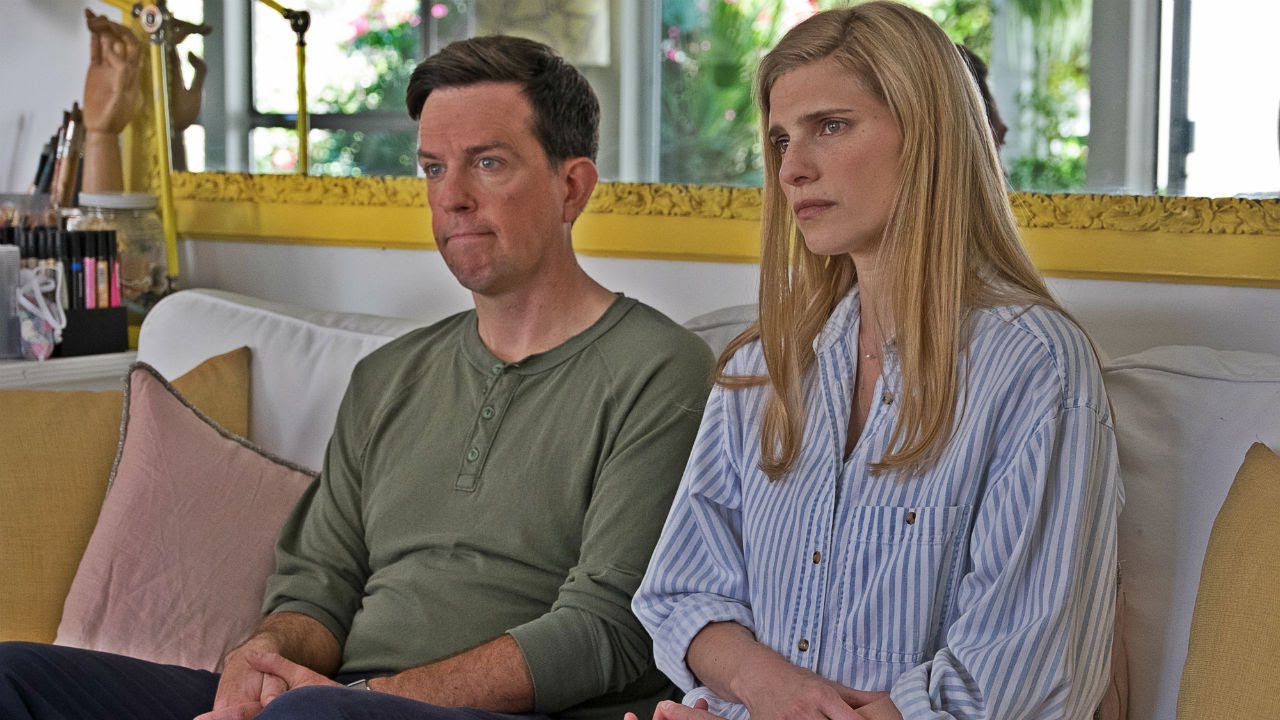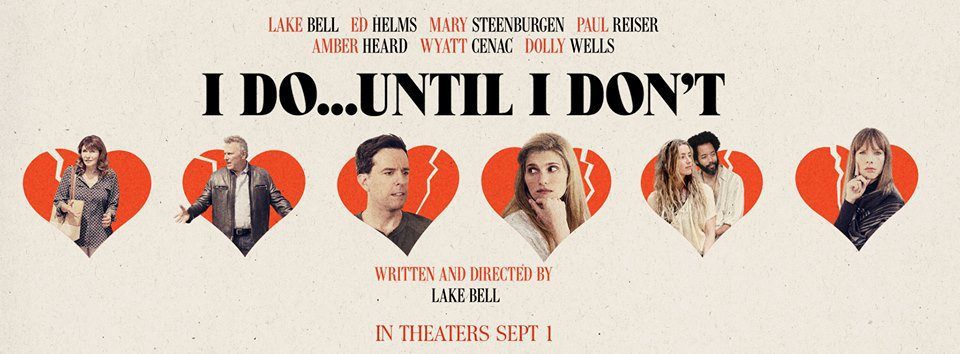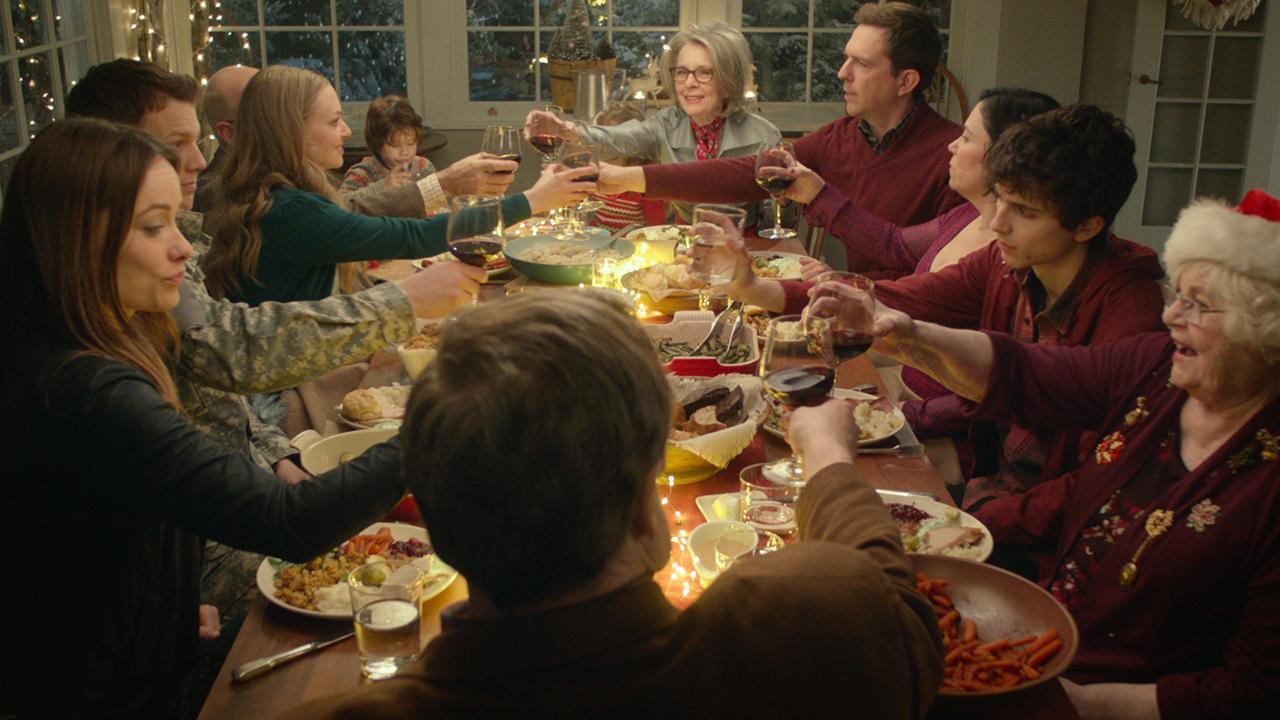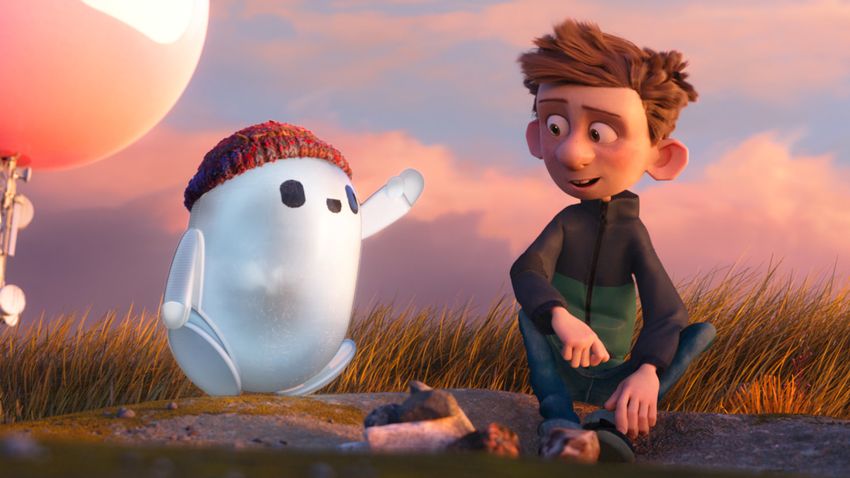
Ron’s Gone Wrong: But His Movie Goes Right
Ron?s Gone Wrong?is an unexpected joy. Developed by 20th Century [Fox] Studios, Ron?s Gone Wrong is a weird and wonderful mixture of ET: The Extra Terrestrial, Mission: Impossible and buddy comedy that?s filled with heart and humour. While Pixar and Illumination seem to garner the animated headlines, 20th Century is also the same studio that offered the vastly underrated The Peanuts Movie and Spies in…

